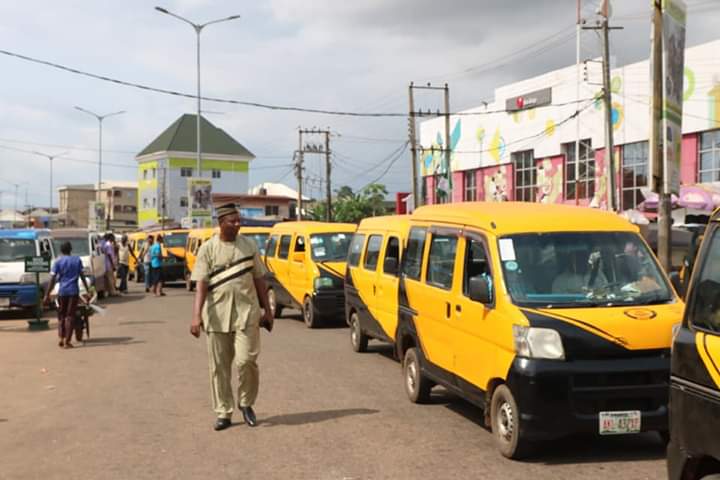Sen. Ahmad Lawan, the Senate President, said that the generation and collection of taxes have continued to be Nigeria’s principal issues and that oil theft in the nation was driving the economy into a coma.
He claims that there has been a considerable loss of revenue due to oil theft, which is crippling and poses a severe threat to seriously destabilizing the economy.
Speaking on Tuesday in Abuja in his welcome speech to fellow Senators returning from a seven-week break, Lawan specifically stated that their focus must remain on ensuring a secure and safe country and an economy that works for all citizens. He urged his colleagues to ensure that everything was done to curtail the sabotage seriously bleeding the Nation’s economy.
Lawan said. “Revelations about the scale of oil theft shows that, until government takes decisive actions, Nigeria could soon lose any revenue from that sector.
Read Also: ASUU strike: Imo University withdraws from ASUU strike; set to open school
How Nigerians turn out for Queen Elizabeth II’s funeral in “Aso Ebi”
“In the next nine months, our attention and devotion should bring improvement to the current situations. This Senate is a Senate that will continue to work for all Nigerians at all times.”
In the upcoming three months, the upper legislative chamber’s focus will primarily be on the confirmation of the acting Chief Justice of Nigeria, Hon. Justice Olukayode Ariwoola, work on the 2023–2025 Medium Term Expenditure Framework and Fiscal Strategic Paper, MTEF/FSP, the 2022 budget, and supporting the country’s defense and security forces, among other things.
The Senate’s president noted that President Muhammadu Buhari is expected to present the 2023 budget estimates to the National Assembly’s joint session in the first week of October.
He also recalled the Senate’s “serious concerns” regarding the nation’s security situation and expressed joy over the progress made by the security agencies to date.
The Independent National Electoral Commission, or INEC, will work with the Senate and National Assembly to achieve highly successful, transparent, and credible elections in the general elections of 2023.
He said adding, “We are ready to support INEC in all possible ways as a legislature. Already, the timely amendment of the Electoral Act 2022 has provided very important innovations in ensuring better electoral climate.”
The Independent National Electoral Commission, or INEC, will work with the Senate and National Assembly to achieve highly successful, transparent, and credible elections in the general elections of 2023.
The majority of media affiliated with the Senate were unable to directly source their news stories on Tuesday when legislators resumed work after their annual break, according to the Senate’s resume yesterday.
The hearing room 022, which served as a temporary chamber for lawmakers to observe proceedings, only permitted 4 cameramen and roughly 6 reporters inside.
Many of the remaining journalists who had arrived early to cover the plenary were completely shut out and forced to rely on those who were allowed inside to report on the events, which made it difficult for them to do their jobs.
Ola Awoniyi, Special Adviser (Media) to the President of the Senate, became concerned about the situation and had to step in by pleading with the media to be patient.
He emphasized that the blackout of reporters will only be temporary until the time the ICT and engineering services will be able to send feeds through the official television of the NATIONAL ASSEMBLY (NASSTV) to the Media Centre, where journalists are expected to watch from a 50 color television. The decision to reduce the number of journalists allowed into the makeshift chamber was made because of the renovation work in the regular red chamber.
Journalists covering the Senate have had to work in situations like this before where they are only allowed to watch plenary from the Media Center and are not allowed to observe proceedings from the gallery.
The arrangement started at some point in the final days of the 8th Assembly, and since the Covid-19 outbreak, it has been actively continued in the 9th Assembly.
In light of this, Dayo Aiyetan, executive director of the International Centre for Investigative Reporting (ICIR), denounced the structure that appeared to prevent journalists from independently gathering their stories in the parliament during a recent training for journalists in Abuja.
He asserts that free access to the gallery, the library, and other resources that might help journalists write their stories is usual practice in parliamentary reporting.



















